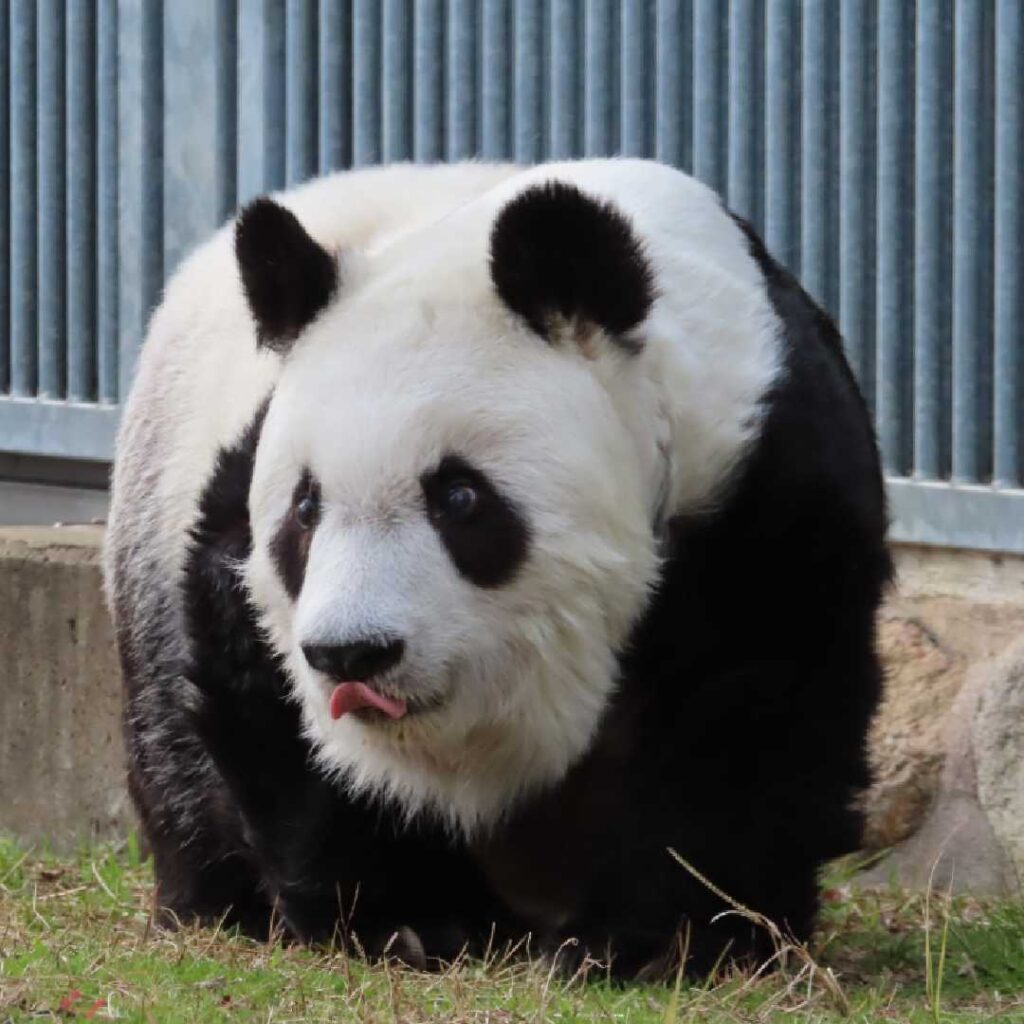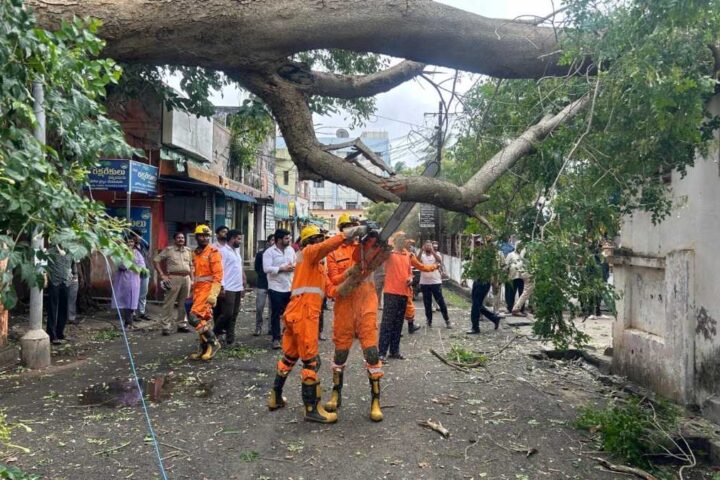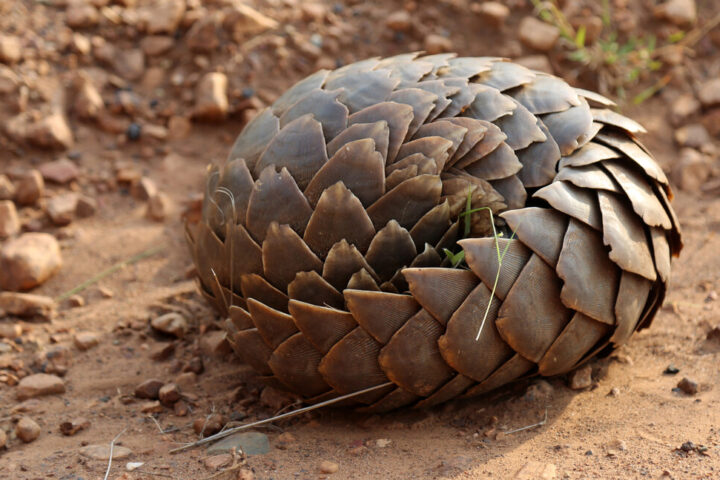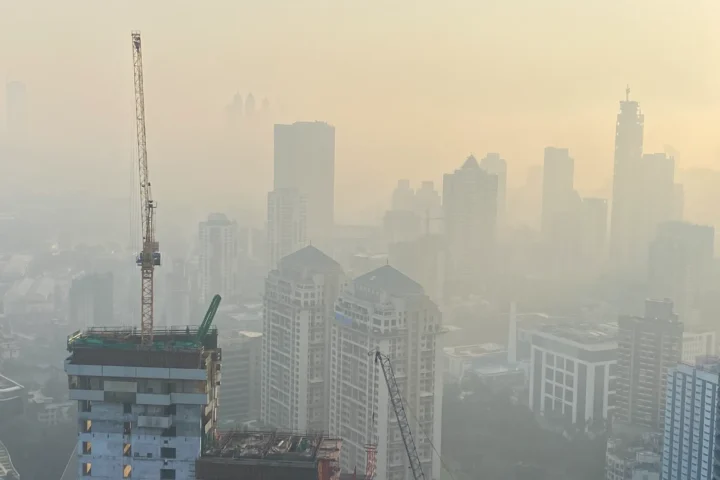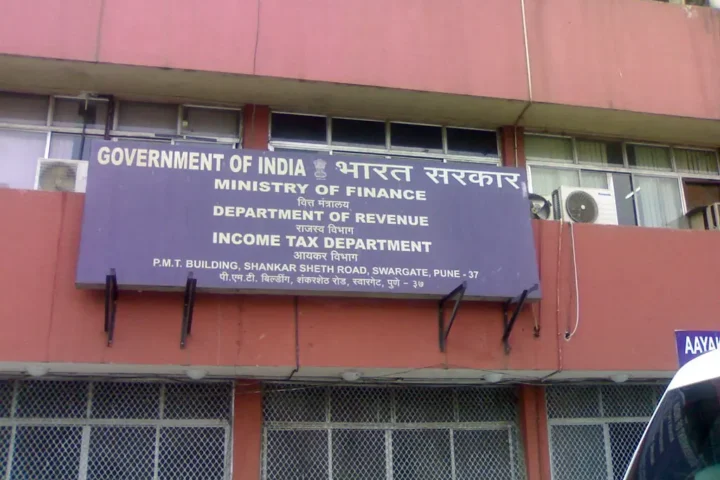We use milk mainly to drink and it is used to make tea/coffee. But it can also be used to make eco-friendly soap. Mahatma Gandhi vouched for goat milk. Now villagers in Bihar’s Champaran district, where he started his first satyagraha 107 years ago, are making money, thanks to their goats.
Families here have been investing in goats because goat milk sells for up to ₹200 a litre. There is also the pricey meat of billy goats. But the real money spinner these days is goat milk soap that sells for ₹45 apiece.
It has given birth to a cottage industry for women of the Tharp tribe in the district’s Bagha-2 block. It has freed them from the drudgery of collecting forest produce. It started last July when 32-year-old Suman Devi made her first lot of the paraben-free, eco-friendly soap that is said to fight skin ailments.
Suman used goat milk, coconut oil, glycerine, and lime. She was a Ganga sentinel before she started making soap. As her pay was meagre, she spoke about it to her supervisors. They arranged training in soap making using household ingredients.
Suman opted for making goat milk soap and joined the Jalal Shardul self-help group. Her soap was a hit. Soon she was leading a group of 30 women. They make soap from goat milk, aloe vera, neem-tulsi, charcoal, Haldiram-Chandan, and lentil-honey.
Similar Post
They got orders from the local Sashastra Seema Bal (Border Security Force) canteen as Champaran lies on the Nepal border. The District Magistrate’s office, forest Department, and other government offices located in and around the district followed suit.
Suman’s group has a monthly turnover of ₹9 lakh. Now, they have feelers from Delhi, Maharashtra, Assam, MP, and UP. With goat milk in demand for drinking and soap making, its price has jumped. Her group uses a litre of milk for a batch of 100 soaps.
Local tribal woman Sangita Devi says, “Earlier we got a pittance for a day’s agricultural labour. Now each one of us earns ₹10,000 a month, on average, from soap sale alone.” Seeing them prosper, other tribal women have also begun making soap.
These tribal women received training from the Wildlife Institute of India (WII), an institute under the Environment Ministry. A senior project associate with WII says the plan was to provide villagers with an alternate source of income. But soap making has become the primary source of income for many. He says, “It has brought miraculous changes in their life.”
Much of that “miracle” is down to hard work. The father of the Nation would have smiled on this soap. Hard work pays in the end.


